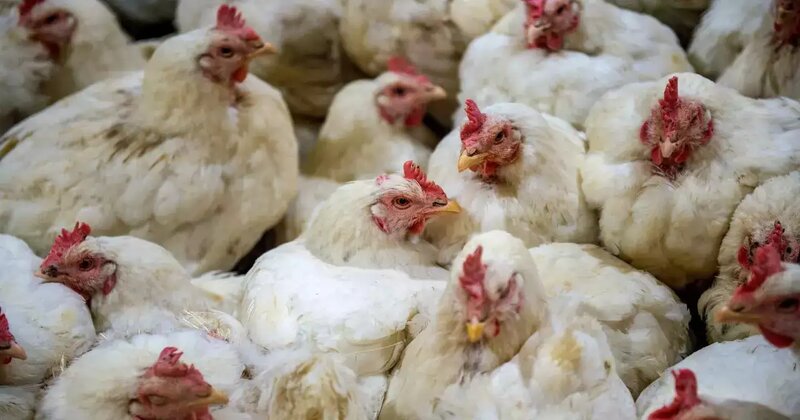
WHO confirms H9N2 Bird Flu case in a four-year-old child in West Bengal. The child, hospitalized in February with severe respiratory issues, high fever, and abdominal cramps, has since been discharged after three months of treatment. Exposure to poultry at home and nearby was identified as a likely source of infection, with no observed respiratory symptoms among family members or close contacts.
This marks the second reported human case of H9N2 bird flu in India, the first occurring in 2019. While the virus typically results in mild illness, sporadic human cases may still emerge, given its prevalence among poultry in various regions. Details on the child’s vaccination status and antiviral treatment were not available at the time of reporting, and the Indian health ministry has yet to respond.
Meanwhile, in Australia, Coles has implemented restrictions on egg purchases to mitigate the spread of avian influenza. The measure limits customers to two cartons per day in most states, except Western Australia. Agricultural authorities reassure the public that Australian eggs are safe for consumption, with no risk of contaminated products entering the supply chain. In Mexico, a man recently died from the H5N2 bird flu, a strain not previously known to infect humans, underscoring the global challenge posed by avian influenza strains.

Post Your Comments